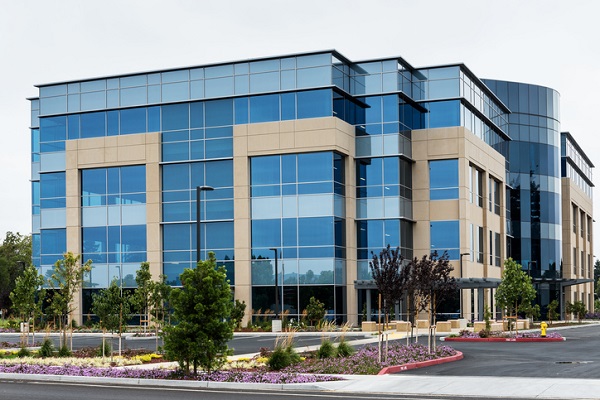
Accounting provides numerous opportunities that graduates can pursue once they have completed their training. Based on their desired career ambitions, there are several areas that students must familiarize themselves with in order to achieve success in the industry.
Recording assets in company accounts is one such area, a complex process which requires a depth of knowledge and expertise, and is something that accounting and bookkeeping professionals will encounter in almost any business they work in. Here is a quick guide to this process that can benefit students aiming to begin their careers in accounting and bookkeeping.
What Exactly are Assets?
Assets are resources that individuals, corporations, or countries own or control that have economic value, and can be either tangible or intangible. Intangible assets are non-physical items a company owns that nonetheless have some monetary value, such as patents, trademarks, or internet domains. Some organizations even treat things like goodwill or reputation as an intangible asset, assigning it a monetary value in their accounts.

Tangible assets include any physical property of the company, and are typically categorized as either fixed or current. Fixed assets are items a company owns and that are necessary for their business, but are not traded in any way, such as property, vehicles, or equipment. Current assets are anything a company currently possesses but which it intends to realize the monetary value of at a later date, such as its current inventory or cash reserves.
Assets Can Increase and Decrease in Value
Of course, assets do not maintain the same value year after year. Over time, things like new machinery and vehicles will age and become worth less, and business accounting training graduates need to be able to account for this in a company’s books.
This is known as depreciation, where a percentage amount is taken off an asset’s value as time goes on. Depreciation serves to both represent the real value of an asset to a company and to amortize its purchase price over its lifespan.
At the other end of the scale, it is also possible for assets to become more valuable as time goes on, which is known as appreciation. A good example of an asset that appreciates is property or land, which can become worth more as market prices continue to rise.

How Accounting School Graduates Record Assets
Companies usually record assets in balance sheets, which are summaries of an organization’s financial condition, and also include any liabilities they may have, such as creditors, or shareholder dividends due. Balance sheets serve to give a clearer picture of a company’s liquidity and worth than profit and loss accounts, taking into account all aspects of an organization’s operations to demonstrate its true value.
Students in business accounting courses learn how to comprehensively record assets using both manuals bookkeeping methods and modern accounting software like QuickBooks. In doing so, they can give their future employers a comprehensive overview of their current financial health.
Are you interested in enrolling in accounting school?
Contact Discovery Community College for more information about our programs.
